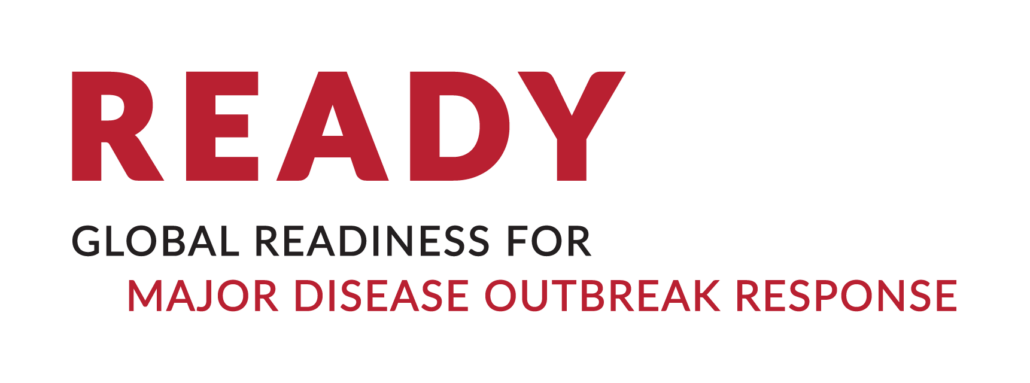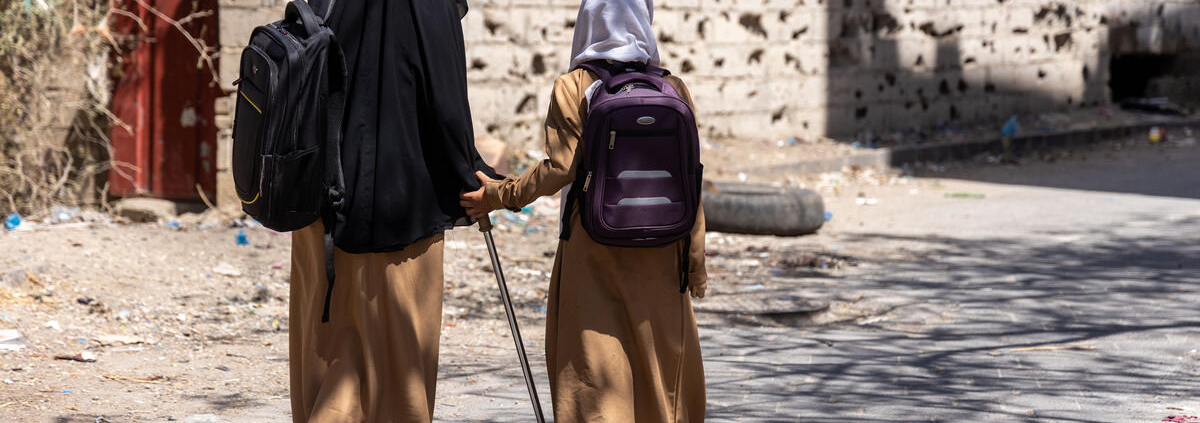COVID-19 in Humanitarian Contexts: no excuses to leave persons with disabilities behind! Evidence from Humanity and Inclusion’s operations in humanitarian settings.
Author: Humanity and Inclusion
This collection and review of evidence aim to illustrate how the COVID-19 crisis triggers disproportionate risks and barriers for men, women, boys and girls with disabilities living in humanitarian settings. It highlights recommendations for humanitarian actors, to enhance inclusive action, aligned with existing guidance and learnings on disability inclusion. It is based on evidence, including testimonies, collected by HI programs in 19 countries of intervention. Special efforts were made to reflect the voices of persons with different types of disabilities, genders and ages, residing in different geographical areas and living circumstances, including refugee and internally displaced persons’ settlements and host-communities.
View the report in እንግሊዝኛ እዚህ.


ይህ ድረ-ገጽ በአሜሪካ ህዝብ ድጋፍ በ የዩናይትድ ስቴትስ ዓለም አቀፍ ልማት ኤጀንሲ (ዩኤስኤአይዲ) በ READY ተነሳሽነት። READY (አህጽሮተ ቃል አይደለም) በዩኤስኤአይዲ የተደገፈ ነው። ቢሮ ለዲሞክራሲ፣ ግጭት እና ሰብአዊ እርዳታ, የአሜሪካ የውጭ አደጋ እርዳታ ቢሮ (OFDA) እና የሚመራው ልጆችን አድን። ከ ጋር በመተባበር ጆንስ ሆፕኪንስ የሰብአዊ ጤንነት ማዕከል፣ የ ጆንስ ሆፕኪንስ የመገናኛ ፕሮግራሞች ማዕከል, ዩኬ-ሜድ, ኢኮ ሄልዝ አሊያንስ, እና ምህረት ማሌዥያ. የዚህ ድረ-ገጽ ይዘት የሴቭ ዘ ችልድረን ብቸኛ ኃላፊነት ነው። በዚህ ድረ-ገጽ ላይ የቀረበው መረጃ የዩኤስኤአይዲን፣ የማንኛውንም ወይም ሁሉንም የጋራ አጋር ድርጅቶችን ወይም የዩናይትድ ስቴትስ መንግስትን አመለካከት የሚያንፀባርቅ አይደለም፣ እና ኦፊሴላዊ የአሜሪካ መንግስት መረጃ አይደለም።


